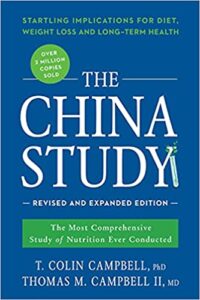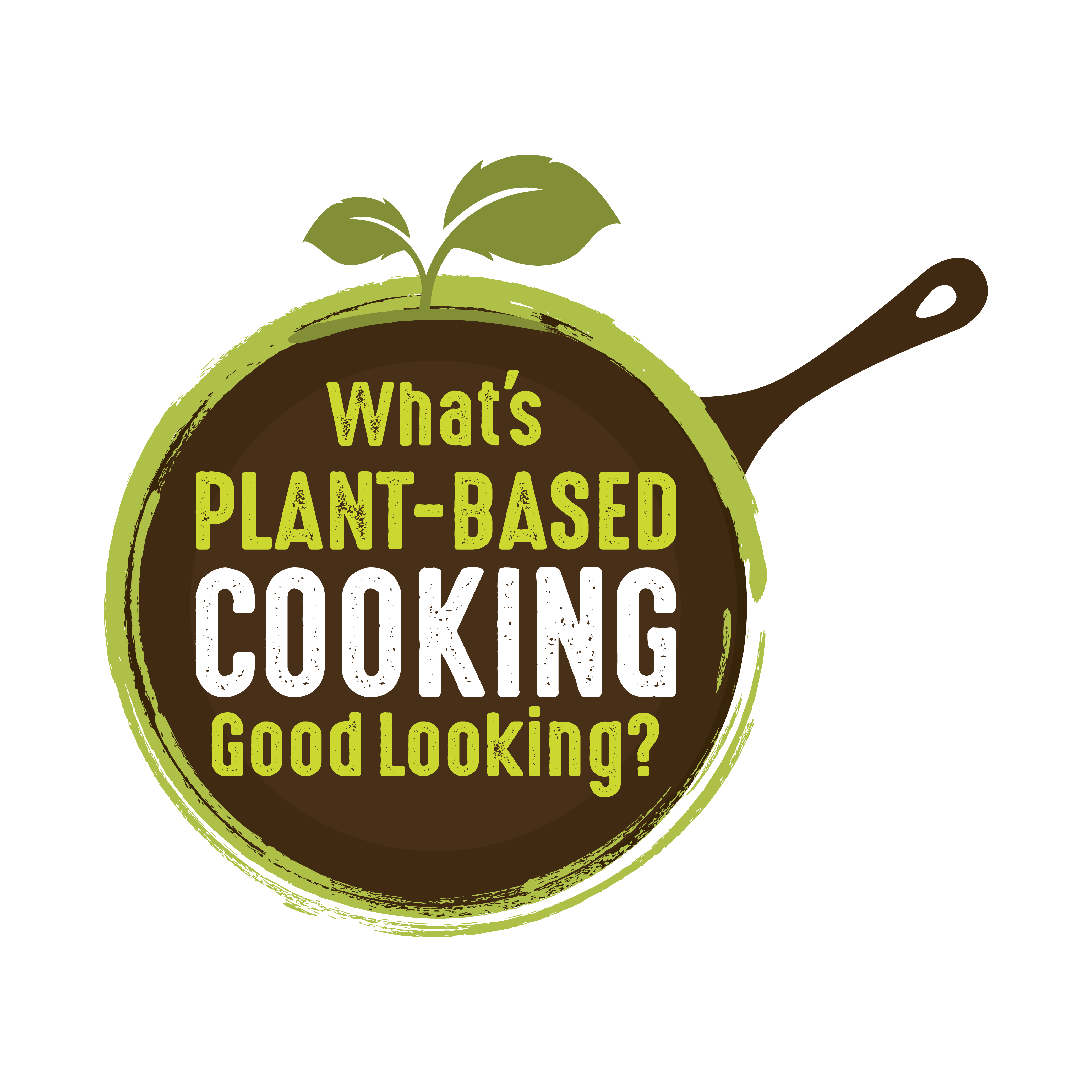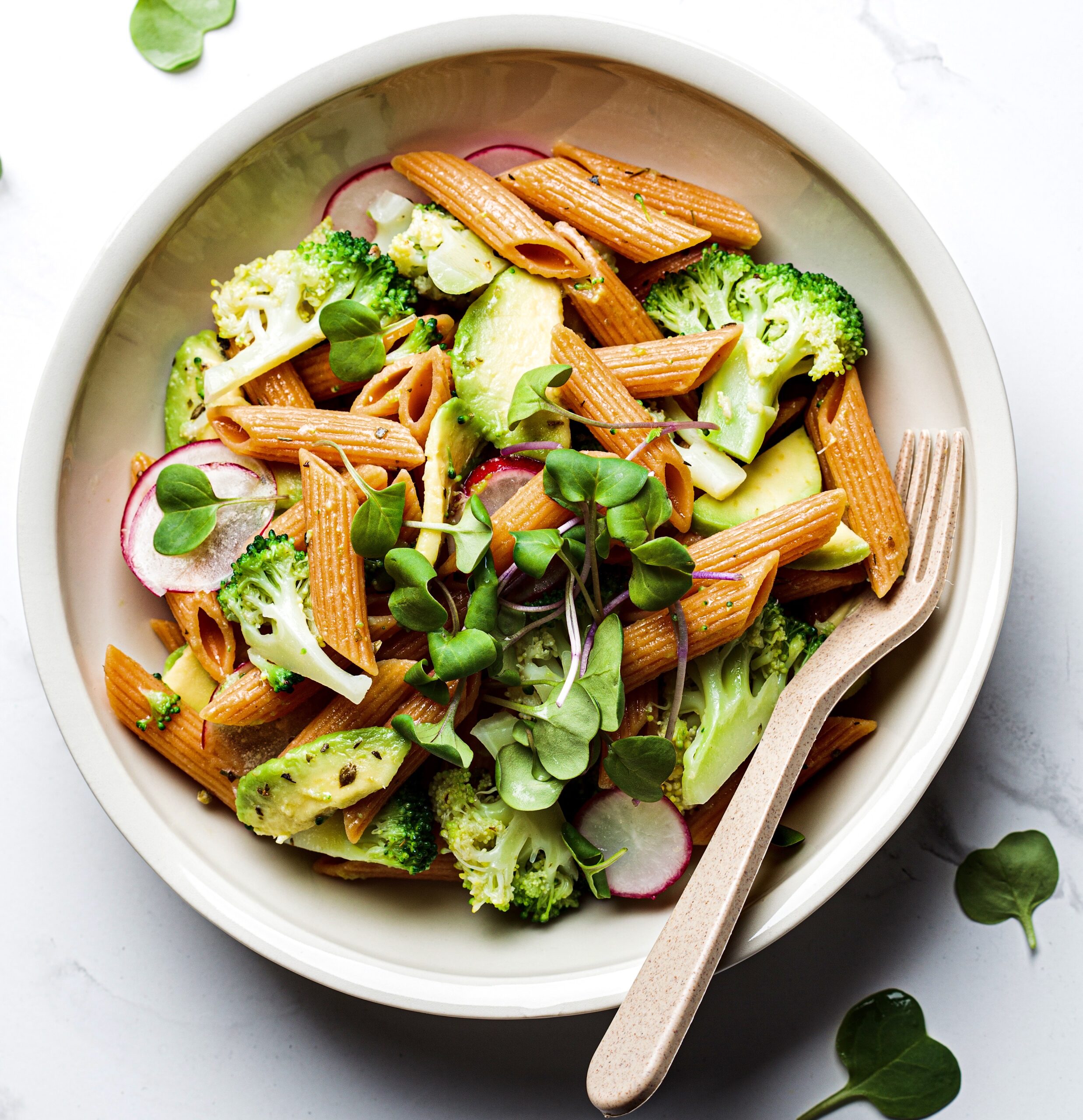Why bother eating whole food plant-based if you are already plant-based?
I thought I was doing my body a favor by not eating animal products. I felt fine and have always eaten a relatively healthy diet (no fast food, minimal fried foods, etc.) but I didn’t realize how much processed food I was still eating. Sure, it was good for the animals (that I wasn’t eating them), and in many ways, better for me too, but foods high in sodium, sugar and fat are only marginally better (and for some people not at all) than animal product foods.
Then I learned to cook a few plant-based recipes which was a first step toward eating more healthfully. I was originally hesitant because I didn’t recognize any of the ingredients in the plant-based recipes. But the cooking class I attended helped with that.
The biggest shift happened after I attended Cornell’s online Plant-Based Nutrition program. I learned just how powerful a whole-food plant-based (WFPB) lifestyle is and now I endeavor to eat as much whole food plant-based as possible.
“Most importantly, the diet that has time and again been shown to reverse and/or prevent these diseases [heart, cancer, diabetes, autoimmune, bone, kidney, cognitive and others] is the same whole foods plant-based diet that I have found to promote optimal health in my laboratory research and in the China Study. The findings are consistent.”*
Let’s be clear, I am still not a pristine whole food plant-based cook or eater. But I am moving in that direction.
But it’s not 100%. My priority when I first started cooking plant-based was replicating the foods that I used to eat when I was an omnivore. That may be your priority at the moment too. I get it. It’s no fun feeling deprived. And now that there are SO MANY good recipes out there, there is no reason to feel deprived.
And I still order in from restaurants or go out to dinner which is also not usually WFPB.
I’m ok with this. Why? First of all, I if I can cook a plant-based recipe that husband will enjoy too, then I’m all for it, even if it’s not 100% WFPB.
He’s kind of picky (can you say 4th grader palate?) and there are a ton of WFPB meals he wouldn’t touch. But we have made massive progress at home.
Since I know that many of the restaurant recipes use more oil than I cook with, I try to balance it by eating more cleanly at home. Even though some of the recipes are not WFPB, I modify as best as I can (reduce or omit oil, sugar, white flour etc.)
I feel really good too and dropped a couple of pounds without doing anything special. I eat more than ever but it’s clean food with minimal fillers. Pretty much the way we’re supposed to be eating.
 If you are familiar with The China Study, you know that the people in China who were studied eat more calories than in a typical Western diet and are much leaner and healthier. Their lifestyles were naturally WFPB because the western diet had not yet invaded their communities. I highly recommend this book. It’s big, but well-written and informative.
If you are familiar with The China Study, you know that the people in China who were studied eat more calories than in a typical Western diet and are much leaner and healthier. Their lifestyles were naturally WFPB because the western diet had not yet invaded their communities. I highly recommend this book. It’s big, but well-written and informative.
The Cornell course I took is based upon this research (among other topics) and you can learn much of what I learned without the whole course. The course and book (and others that we will share down the road) remind me that we want to eat healthfully so that our bodies are fueled with proper fuel that prevents disease and supports our bodies in operating optimally.
For me, and many people, however, food is also fun and a way to be creative and social.
My motto continues to be; everything (plant-based) in moderation.
For some of you reading this, the idea of eating exclusively plant-based is already challenging and WFPB is out of the question. And others may already be horrified at the idea of not eating WFPB because for you, food is solely a source of energy. Or perhaps it is solely about the animals. The point is- we all have our reasons for being where we are now. In the end though, studies show that the closer we can get to eating WFPB, the healthier our bodies (and minds) will be.
Stay tuned because in addition to The China Study, we will be offering many more resources in the near future.
*T. Colin Campbell, PhD
Thomas M. Campbell II, MD
The China Study: Revised and Expanded Edition

